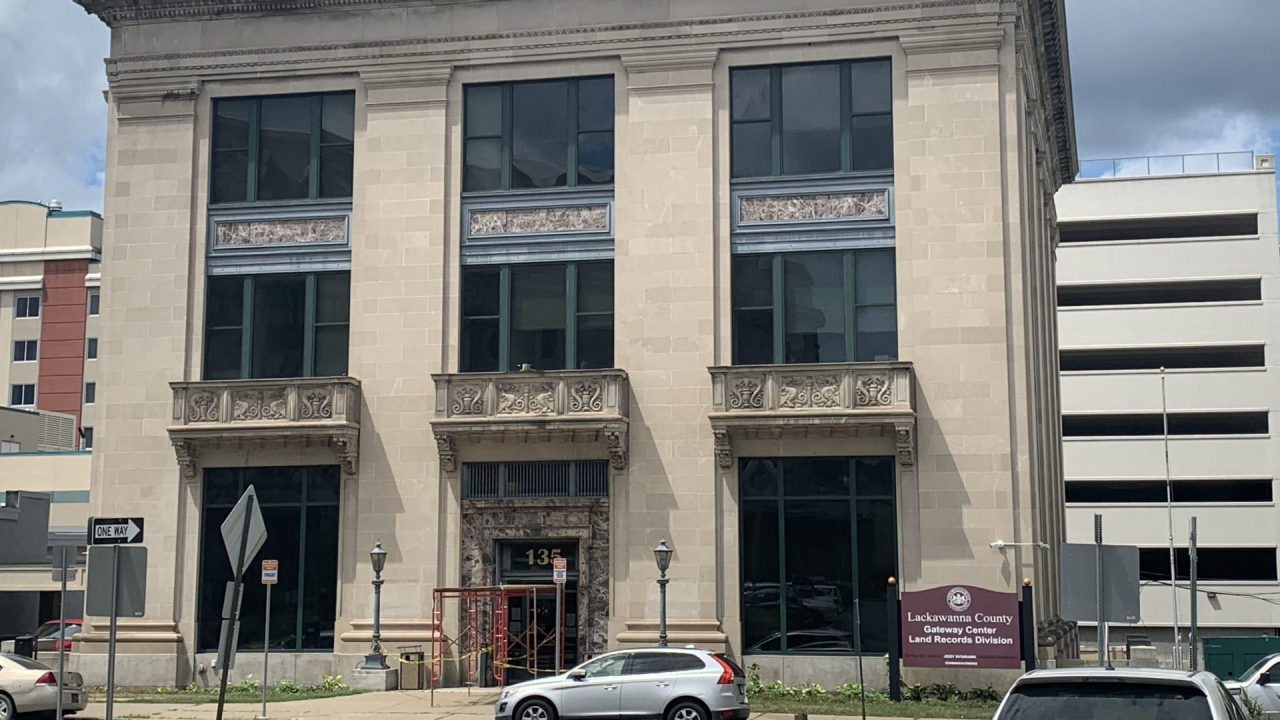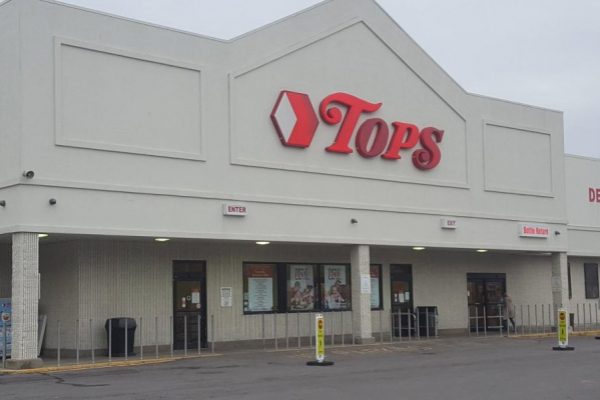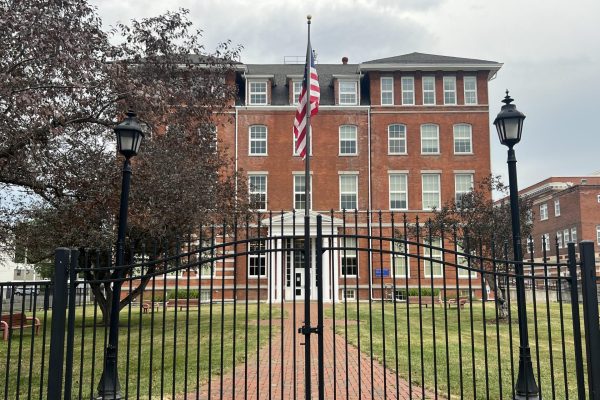
LACKAWANNA COUNTY, P.A. (NCC NEWS) Lackawanna County is well known for it’s anthracite coal, which was critical throughout the industrial revolution all they way through the mid 1900s. The county is also well known for it’s largest city, Scranton- home of NBC’s popular American sitcom: The Office. However, like many other regions throughout the country, northeastern Pennsylvania is also known for it’s challenges with the Opioid Epidemic.
According to the United States Census Bureau, the population of Lackawanna County was just over 200-thousand 2019. The county saw 376 fatal overdoses from 2014-2018. Neighboring Luzerne County, with a population of 317-thousand saw 631 fatal overdoses during the same time. A total of One-thousand-seven overdose fatalities in four years between the two counties according to data by OverdoseFreePA.
As the region continues to combat the epidemic, officials and recovery specialists have a new challenge: Helping those in need amidst a global pandemic.
Lackawanna County District Attorney, Mark Powell, has made the opioid crisis a priority since he took office in 2018. Powell says overdose rates actually seem to be declining in 2020, but he believes the rates would be lower if not for COVID-19.
“It makes a difficult issue even more difficult,” Powell said when asked how COVID-19 has affected opioid efforts. “From a recovery standpoint, folks with use disorders are faced with new challenges in getting the support that they need in their recovery programs,” he added.
In the era of social distancing, those seeking recovery are primarily doing so remotely. This impacts a large component of the recovery process, in-person support.
Director of Outpatient Counseling at Geisinger Marworth, William Poray, says the sudden switch to remote counseling and treatment via tele-health has been difficult. “We had to cease and suspend our in-person sessions,” said Poray.
Another issue with virtual sessions is technological disparities. Many people, especially those in rural areas, don’t have access to quality wifi for video chat technology like Zoom or Skype. Licensed Professional Counselor at Geisinger Marworth, Kerrianne O’Reilly, explains how there can be serious challenges for many without wifi and devices like smartphones or laptops on the path to recovery. “Some of them didn’t have smartphones, so they couldn’t do the tele-health,” said O’Reilly.
The last five months have been challenging, but both Poray and O’Reilly believe that counseling via tele-health is better than no counseling at all. As social distancing measures continue, insurance coverage is helping tele-health and virtual sessions become more accessible to those who need it.
There is still a lot of work to be done to assist those recovering from and struggling with opioid dependency, but Poray and O’Reilly believe many officials and caregivers remain optimistic in this time of uncertainty.




